Academic success hinges significantly on the ability to conduct effective research. Whether you’re a high school student, a college undergraduate, or a postgraduate scholar, honing your research skills is vital. These are 10 essential research skills that can help you towards academic success. Let’s review these together.
1. Effective Information Gathering
The cornerstone of research is the ability to gather relevant information efficiently. This involves knowing where to look for information, whether it’s academic journals, books, or credible online sources. Understanding how to use databases and search engines effectively is crucial. We have an article on “How to Conduct Effective Information Gathering” if you’d like to know more about this concept.
2. Critical Thinking and Analysis
Merely gathering information isn’t enough; discerning its relevance and validity is key. Critical thinking allows you to evaluate sources, weigh their credibility, and analyze their content. This skill helps in distinguishing between fact, opinion, and bias.
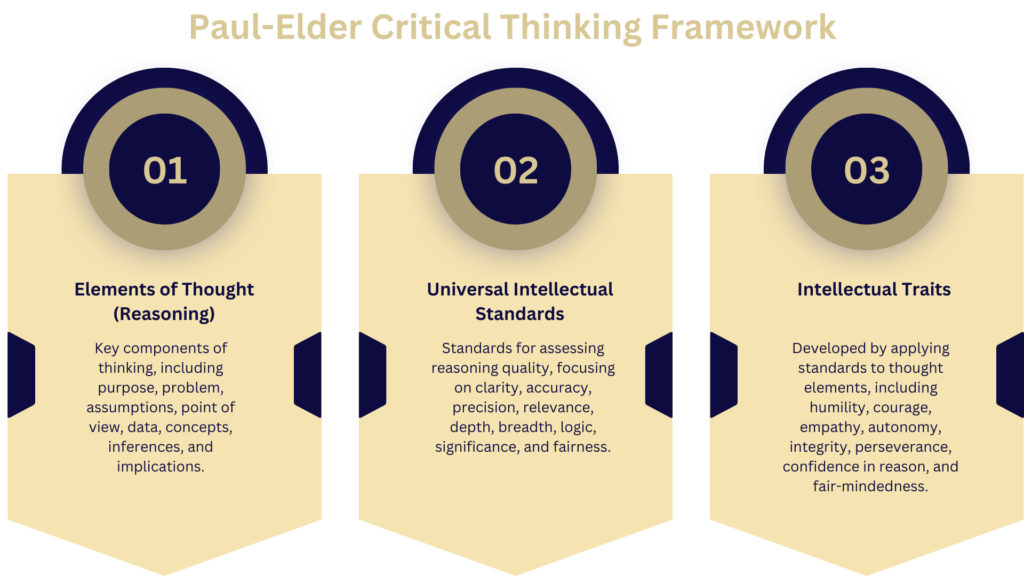
Paul-Elder framework emphasizes the importance of understanding and improving the quality of our thinking by systematically addressing these components. By doing so, individuals can develop a more disciplined, clear, and rational approach to analyzing and solving problems, which is central to effective critical thinking. This approach has been widely adopted and is considered one of the most comprehensive frameworks for understanding and applying critical thinking in various fields. For more information on the Paul-Elder Critical Thinking Framework, you can visit the University of Louisville’s Ideas to Action page here and here, as well as Designorate’s detailed explanation here.
3. Organizational Skills
Good research is well-organized. It involves keeping track of sources, data, and ideas. Utilizing tools like bibliographic software can help in managing and organizing references efficiently. Here are 5 software tools that are excellent for research organization, along with brief explanations of why they are beneficial:
- Evernote: This is a versatile note-taking app that allows you to save and organize your research notes, web pages, images, and PDFs in one place. Its ability to sync across devices makes it ideal for accessing your data from anywhere.
- Zotero: This is a free, open-source tool designed to help you collect, organize, cite, and share research sources. It’s particularly useful for academic research and writing, with excellent features for managing bibliographies and references.
- Microsoft OneNote: Part of the Microsoft Office suite, OneNote is a digital notebook that allows for detailed organization of notes, drawings, screen clippings, and audio commentaries. Its integration with other Office apps makes it a good choice for those already in the Microsoft ecosystem.
- Trello: Trello is a highly visual project management tool that uses boards, lists, and cards to organize and prioritize your research projects collaboratively. It’s particularly good for team-based projects or when managing multiple research tasks.
- Mendeley: Mendeley is a reference manager and academic social network that can help you organize your research, collaborate with others online, and discover the latest research. It’s widely used in academic circles for managing and sharing research papers.
Each of these tools offers unique features that can enhance the organization of research, making them valuable assets for both individual and collaborative projects.
4. Note-Taking Strategies
Effective note-taking involves summarizing key points and ideas in a way that makes sense to you. It’s important to develop a system that helps you retain and recall information easily. Various methods and techniques can be employed, each with its own advantages depending on the nature of the material and personal preferences. Here are some noteworthy methods:
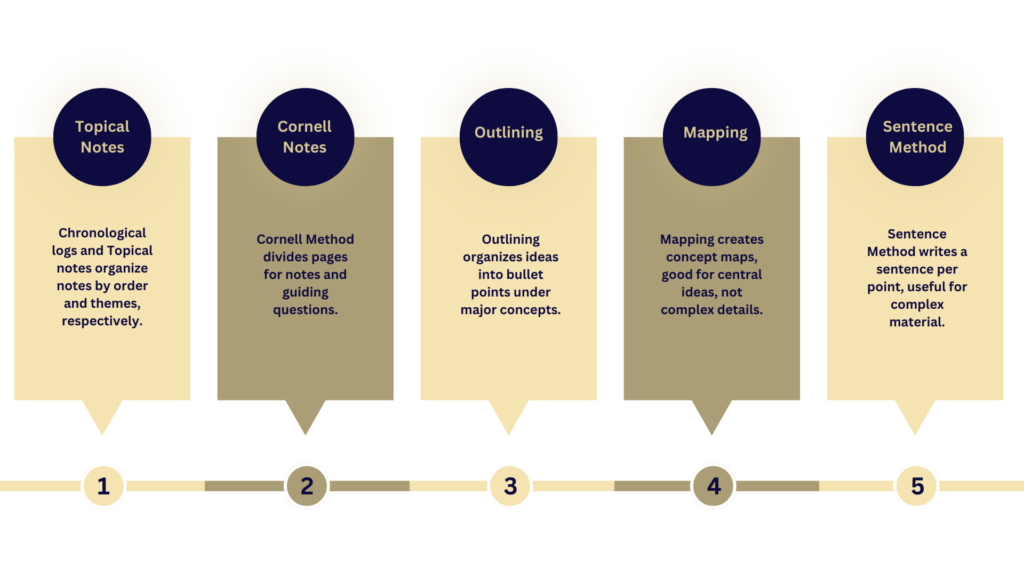
5. Understanding of Ethical Standards
Academic research is bound by ethical standards, including proper citation to avoid plagiarism and respecting the confidentiality and privacy of data. Understanding these ethical considerations is crucial.
6. Time Management
Research can be time-consuming. Effective time management skills are essential to ensure that you allocate sufficient time for each aspect of your research without compromising on quality. Effective time management in research and other areas involves a combination of techniques geared towards maximizing productivity and efficiency. Prioritizing tasks is essential; this means identifying the most important tasks and dedicating appropriate time to them. Setting realistic goals and breaking down larger projects into smaller, manageable tasks can help to avoid feeling overwhelmed and ensure steady progress. Utilizing tools like calendars, planners, or digital apps to schedule and keep track of deadlines and commitments is also beneficial. Staying focused during designated work times is crucial, and techniques such as the Pomodoro Technique, which involves working in concentrated bursts with short breaks, can enhance focus and prevent burnout. Regularly reviewing and adjusting schedules to reflect changing priorities or unforeseen challenges is also a key aspect of effective time management.
7. Communication Skills
Being able to articulate your findings clearly and concisely, whether in writing or verbally, is vital. Good communication skills enhance the impact of your research.
8. Adaptability and Problem-Solving
Research often doesn’t go as planned. The ability to adapt to new information, changing circumstances, and solving problems as they arise is a valuable skill.
9. Technical Proficiency
In the modern digital age, proficiency in technology extends beyond basic computer literacy to encompass a range of specialized tools and platforms that facilitate efficient research, data analysis, and communication. Hence,
- Firstly, familiarity with research tools is crucial. This includes understanding how to use online databases and libraries, search engines, and academic repositories to gather relevant information. Knowing how to effectively use these resources can greatly enhance the breadth and depth of your research.
- Data analysis software proficiency is another key component. Tools such as SPSS, R, Python, or Excel are often used for statistical analysis and data visualization. These programs allow researchers to process and interpret large datasets, identify trends, and draw meaningful conclusions from their research.
- Finally, digital communication platforms play a vital role in today’s collaborative environment. This involves not just email but also project management tools like Asana or Trello, communication platforms like Slack or Microsoft Teams, and video conferencing tools such as Zoom or Skype. Proficiency in these platforms enables effective collaboration with team members, regardless of their physical location, and facilitates the sharing of ideas and findings.
10. Persistence and Patience
Lastly, research requires persistence and patience. It’s often a long process with many challenges, and staying motivated is key to success.
Mastering these research skills can significantly boost your academic performance and make your study experience more fulfilling. Each skill complements the other, creating a robust foundation for any academic research task.
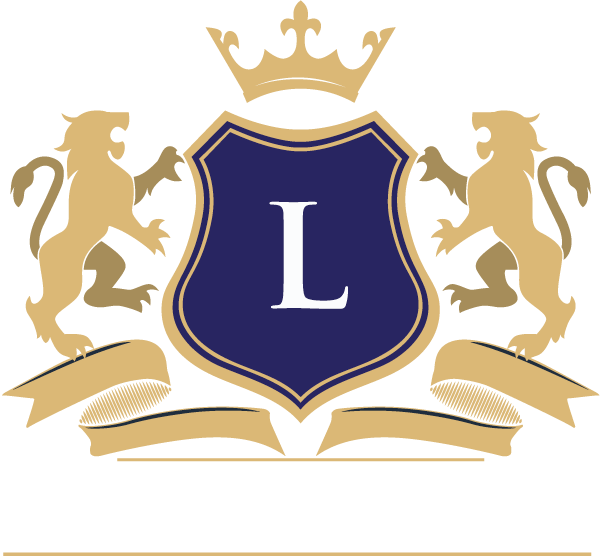

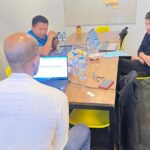

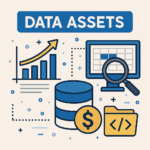
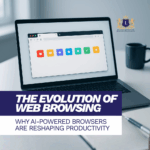
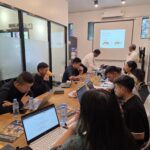
Leave a Reply
You must be logged in to post a comment.